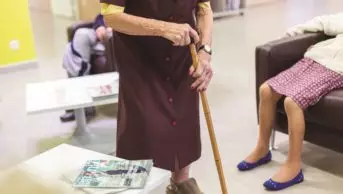Nearly 50 recommendations on how health and social care staff and organisations can ensure medicines are used safely have been published by the National Institute for Health and Care Excellence (NICE), in a draft guideline.
From the full set of 49 recommendations, priorities for implementation relate to medicines reconciliation, learning from safety incidents and communication systems when patients transfer between care settings.
The guideline, ‘Medicines optimisation: the safe and effective use of medicines to enable the best possible outcomes’, was developed by a multidisciplinary guideline development group (GDG) who reviewed the literature for evidence to support the clinical and cost-effectiveness of different approaches.
For medicines reconciliation — collating information about a patient’s medicines in order to maintain accurate records — the GDG recommends that reconciliation is carried out by a trained and competent health professional. This will ideally be a pharmacist, pharmacy technician, nurse or doctor.
The next priority relates to identifying and learning from medicines-related safety incidents. The GDG endorses the use of several different methods to identify such incidents — for example, health record review, direct observation of medicines administration and patient surveys.
The final priorities pertain to medicines-related communication systems when patients move from one care setting to another. The GDG lists items of information that should be included in medicines discharge information and also suggests sending a person’s medicines discharge information to their nominated community pharmacy.
The 214-page guideline is now open for consultation. Comments must be submitted by 7 November 2014 and the final guideline is expected to be published in March 2015.


